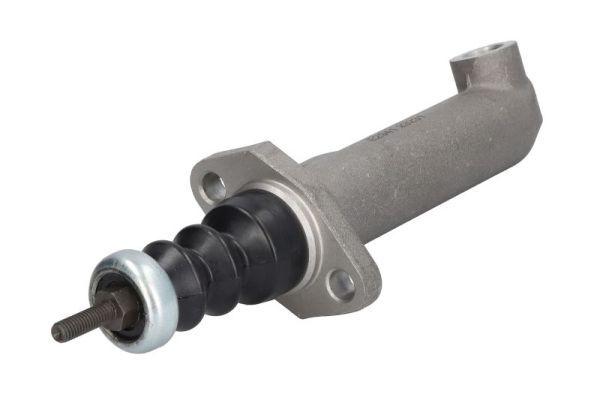Symptoms of a Bad Clutch Master Cylinder You Should Know

Experiencing issues with your car's clutch? It might be a bad clutch master cylinder. Learn the symptoms before it’s too late.
Difficulty Shifting Gears
One of the primary signs of a failing clutch master cylinder is difficulty shifting gears. If you find it hard to change gears smoothly or hear grinding noises when trying to shift, it could indicate that the hydraulic pressure needed to operate the clutch is not being generated efficiently.
Ignoring this symptom can lead to significant transmission problems and even complete failure, so it's crucial to have it checked by a professional mechanic as soon as possible.
Unusual Clutch Pedal Behavior
Another common symptom is unusual behavior of the clutch pedal. If you notice that the pedal feels different than usual, such as being too hard or too easy to press, it could be a sign of a malfunctioning clutch master cylinder.
This abnormal behavior often indicates that the hydraulic fluid is not being properly circulated, which can cause inconsistent clutch operation.
Leaking Fluid
Leaking fluid is a clear indication that something is wrong with your clutch master cylinder. If you observe fluid leaking from the area near the master cylinder or notice a drop in the clutch fluid reservoir level, it's a red flag.
Hydraulic fluid leaks can lead to a loss of clutch pressure, making it difficult or impossible to engage or disengage the clutch.
Spongy or Soft Clutch Pedal
A spongy or soft clutch pedal is another symptom to be aware of. If your clutch pedal feels spongy or soft when you press it, this could indicate air bubbles in the hydraulic system or a failing master cylinder.
This condition can seriously affect your ability to control the clutch, making it essential to address the issue promptly.
Clutch Pedal Stays on the Floor
One of the most severe symptoms of a bad clutch master cylinder is when the clutch pedal stays on the floor after you press it. This indicates a complete failure in the hydraulic system, preventing the clutch from disengaging properly.
In such cases, it's crucial to stop driving the vehicle immediately and seek professional repair to avoid further damage.

 Loading..
Loading..